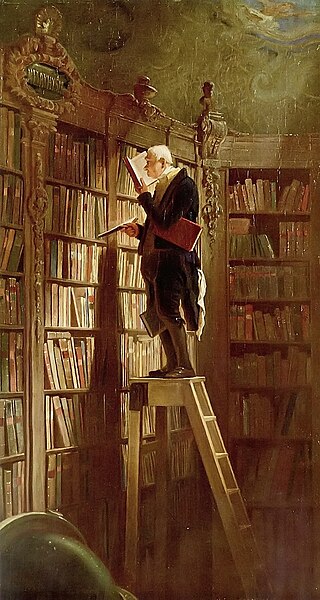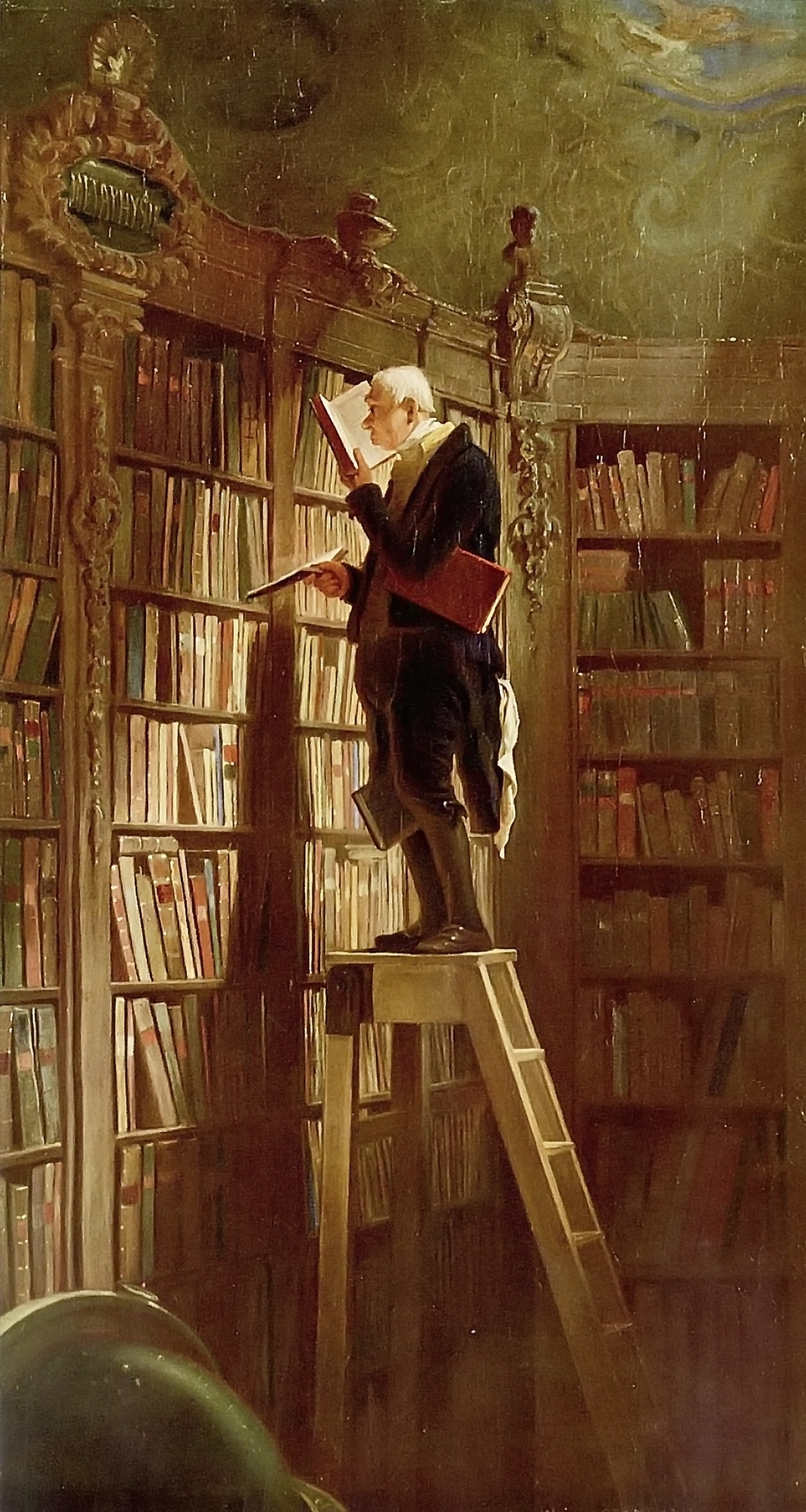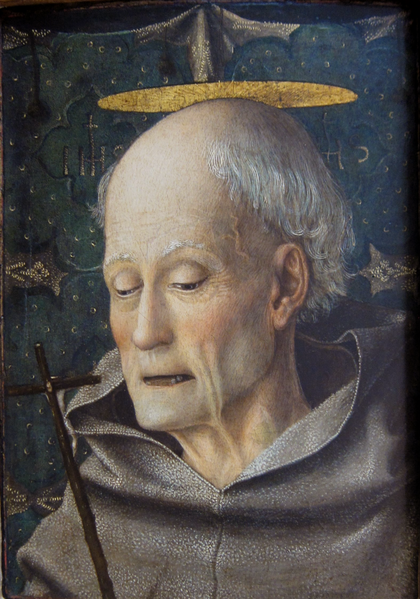
Thomas F. Forster
Memoir by His Son「Thomas Ignatius Maria Forster」
“Memoir of T. F. Forster, Drawn Up by His Son「Thomas I. M. Forster」in Epistolarium or Fasciculi of Curious Letters Together with A Few Familiar Poems and Some Account of the Writers As Preserved Among the MSS of the Forster Family「Google Books」(Bruges, 1845) 33-42.
This honourable trait in his character ought not to be passed over in silence, indicative as it of his unshaken adherence to any moral principle that he had adopted. His knowledge of the economy of the animal kingdom was very great, and he might have become an excellent zoologist. But he voluntarily abstained from this study on account of the cruelty necessary in its pursuit. He held it as a maxim that it was not justifiable to kill or in any way to interfere with the lives and enjoyment of animal, unless on the plea of necessity: and he used to stigmatize, as men unworthy confidence, certain surgeons of his day, who vainly endeavored to erect to themselves a fictitious reputation as men of science, by rivalling John Hunter in his cruelties, who they could never approach in point of excellence. (*) (36)
(*) My father in law, Co. Beufory, a man also distinguished in the annals of science, always acted on the same honourable and humane principle, I have know him abruptly leave the room of the Royal Society, because an old beast of a surgeon entered it, who was notorious for these crimes, and who had made some disgusting experiments on dogs and rabbits. (36)
Mr. T. F. Forster’s attachments to animals was very great; and was shown, among other things, by his fondness for his favourite dog Busi given to him towards the close of 1797 by his friend Mr. George Revely, his dog was often his solitary companion.…One evening,「in 1809」when our Muse was somewhat playful, we wrote the following lines, expressive of attachment to this faithful animal.… (36-37)
In their views of Nature, as well as in opinions but particular in respect to the wickedness of cruel experiments and so impaling live insects on pins as collections, T. F. F. and Sir J. E. Smith seems to have had strong sympathies, as appears by the numerous correspondence which passed before them, which I have lately found among the papers of the former. (39)



